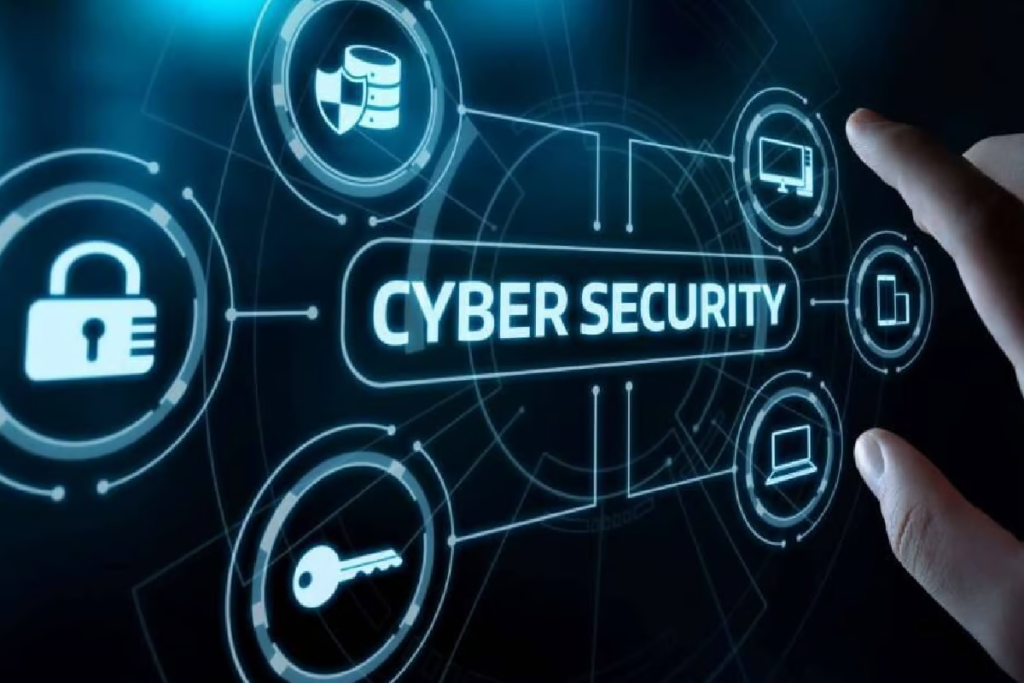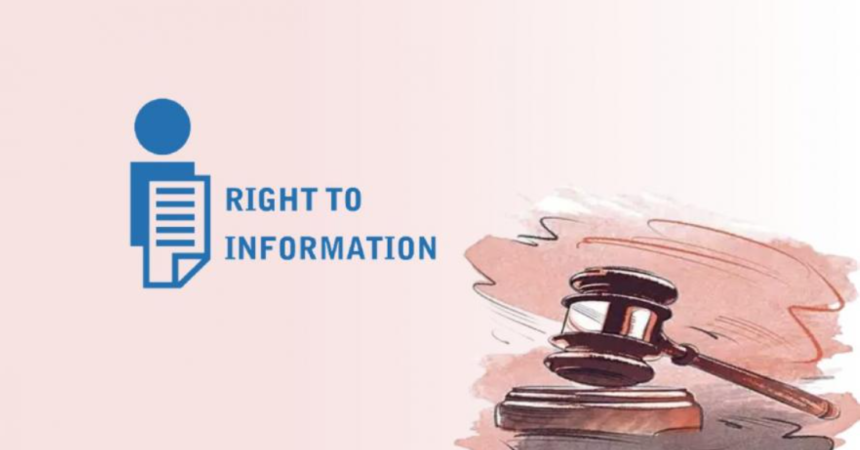Cyber Security : The RTI Act’s Scope Now Excludes India’s Elite Cyber Security Unit, Among 27 Intel & Security Agencies.
Unveiling the strategic move
Cyber Security : The government has decided to exempt the Indian Computer Emergency Response Team (CERT-In), the national nodal agency in charge of handling cyber security issues like phishing and hacking, from the provisions of the Right to Information Act, 2005. The Center has exercised its right to remove CERT-In from the scope of this transparency law, as permitted by subsection (2) of Section 24 of the RTI Act. The Center has positioned CERT-In at number 27 in the Second Schedule of the RTI Act by using this authority.
Cyber Security : In a significant development, India’s Elite Cybersecurity Unit finds itself among the exclusive list of 27 Intel and Security Agencies that are now excluded from the ambit of the Right to Information (RTI) Act. This move has far-reaching implications, reshaping the contours of transparency and accountability concerning these critical entities. Let’s delve into the intricacies of this decision and its potential impact on the nation’s cybersecurity landscape.

Understanding the RTI act and Its scope
The RTI Act, a cornerstone of India’s democratic framework, empowers citizens to seek information from public authorities. However, certain agencies, crucial for national security, have always operated under a shroud of confidentiality. The recent inclusion of India’s Elite Cybersecurity Unit in the list of organizations exempted from RTI scrutiny raises eyebrows and sparks a conversation about the delicate balance between transparency and national security.

The elite cybersecurity unit : a closer look
India’s Elite Cybersecurity Unit stands as a bulwark against cyber threats, safeguarding critical infrastructure and sensitive data. Comprising top-notch experts in the field, this unit plays a pivotal role in fortifying the nation’s digital defenses. The decision to exclude it from RTI inquiries underscores the paramount importance of maintaining the confidentiality of its operations.

Cyber security : navigating the security landscape
The Need for Confidentiality
In the ever-evolving landscape of cybersecurity, confidentiality is paramount. The Elite Cybersecurity Unit operates in an arena where preemptive measures can make the difference between averting a cyber catastrophe and succumbing to it. Exempting this unit from RTI scrutiny is a strategic move aimed at preserving the integrity of its operations and ensuring that sensitive information remains classified.
Balancing Act: National Security vs. Transparency
The exclusion of India’s Elite Cybersecurity Unit from the RTI Act’s scope is not a standalone decision. It reflects a broader policy direction emphasizing the need to strike a delicate balance between national security imperatives and the public’s right to information. This move aligns with the global trend of safeguarding critical cybersecurity infrastructure from undue external scrutiny.

Implications for cybersecurity and beyond
Strengthening National Defenses
With the escalating threats in cyberspace, bolstering the capabilities of the Elite Cybersecurity Unit is imperative for national security. The exclusion from RTI inquiries allows the unit to focus on its core mission without concerns about divulging operational details. This strategic insulation enhances its efficacy in combating sophisticated cyber threats.
Potential Concerns and Criticisms
While the decision is rooted in the necessity of safeguarding national interests, it is not without its share of criticisms. Advocates for transparency argue that shielding these agencies from public scrutiny might create a potential breeding ground for abuse of power. Striking the right equilibrium between operational confidentiality and accountability remains an ongoing challenge.

Conclusion : navigating the new normal
In the dynamic landscape of cybersecurity, where threats evolve rapidly, the decision to exclude India’s Elite Cybersecurity Unit from the RTI Act’s purview signals a paradigm shift. It underscores the government’s commitment to fortifying national defenses in the face of escalating cyber threats. As the nation adapts to this new normal, the challenge lies in upholding the delicate balance between security imperatives and the citizens’ right to information.
To explore more news : Click Here
ALSO READ : India’s Giant Leap In 2023 : ISRO’s Gaganyaan Mission And The Dream Of Human Space Flight




































